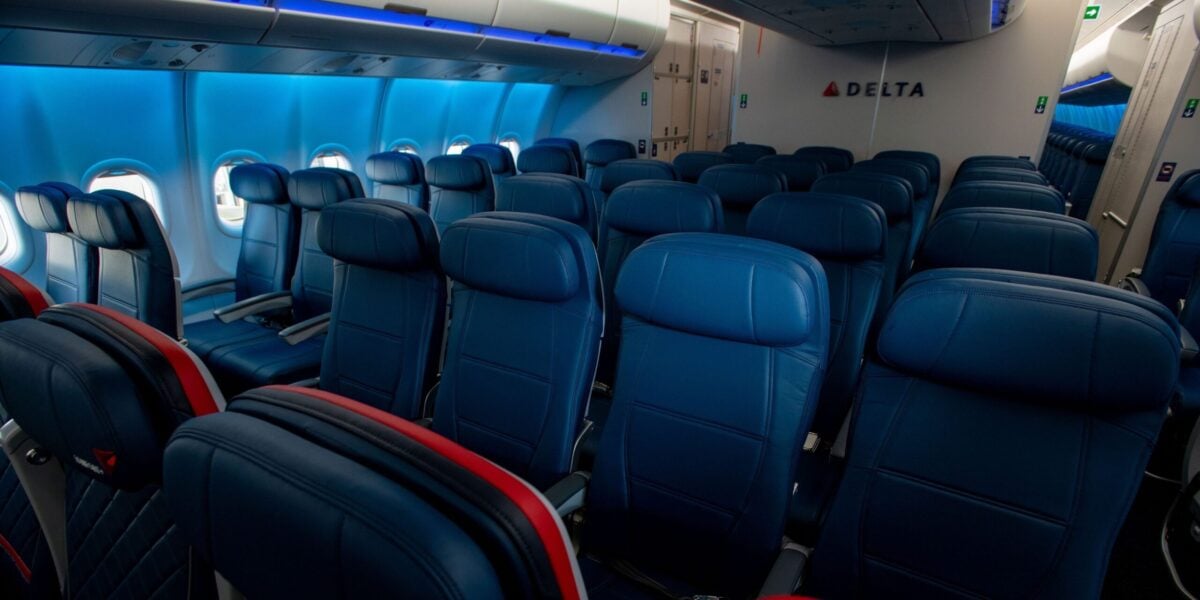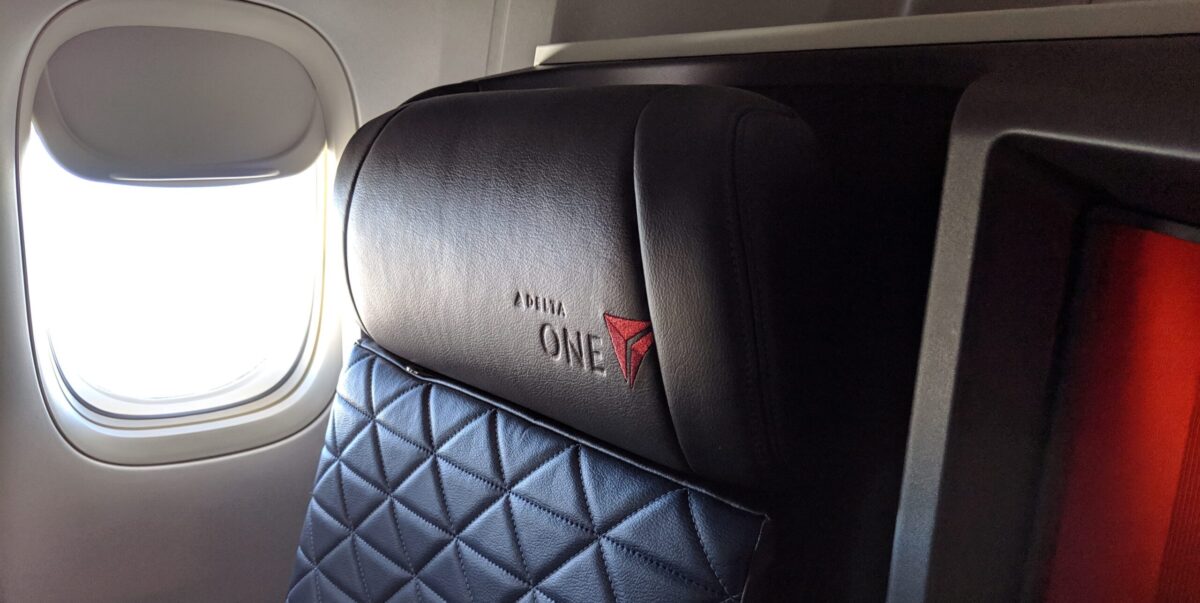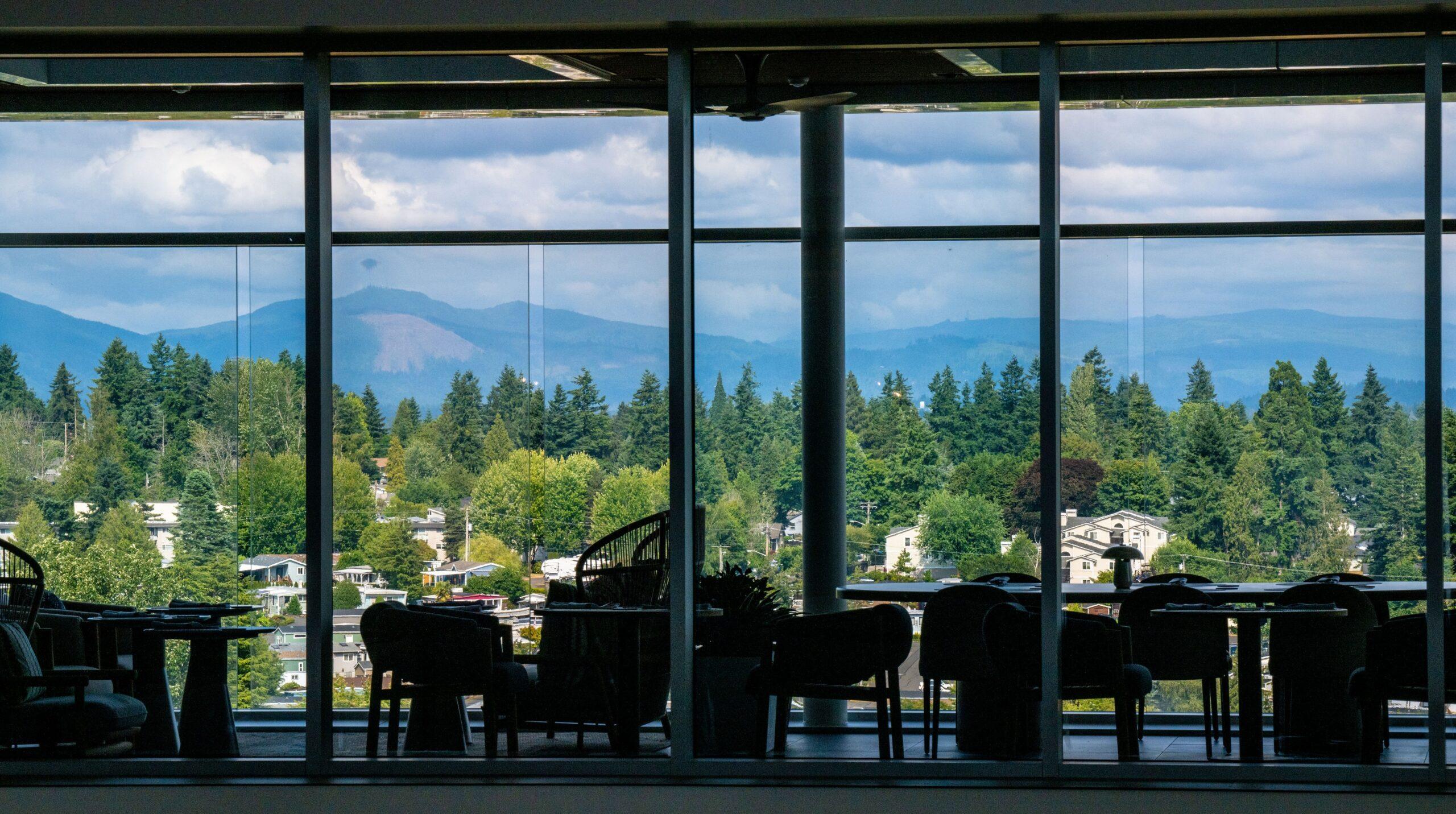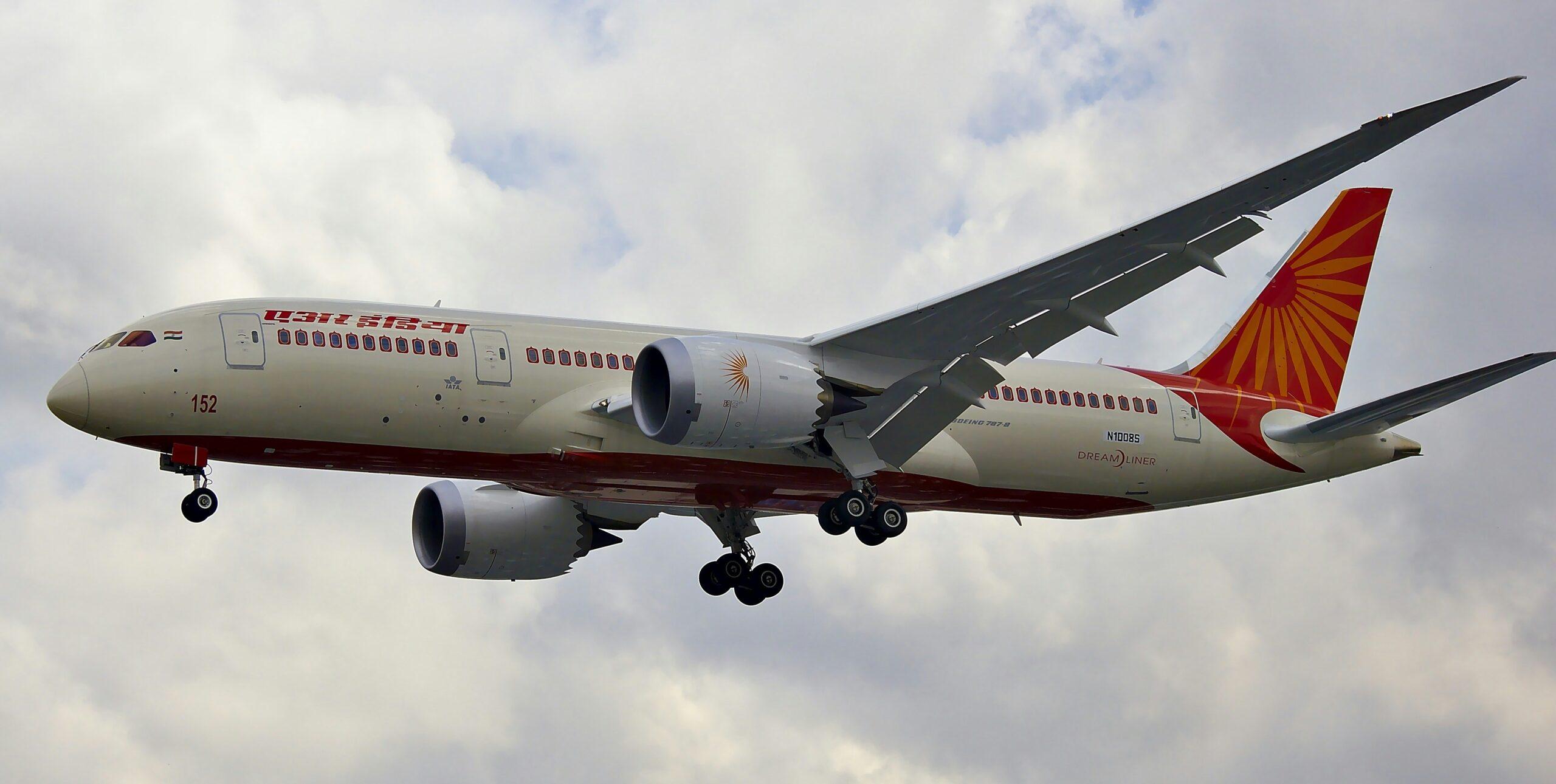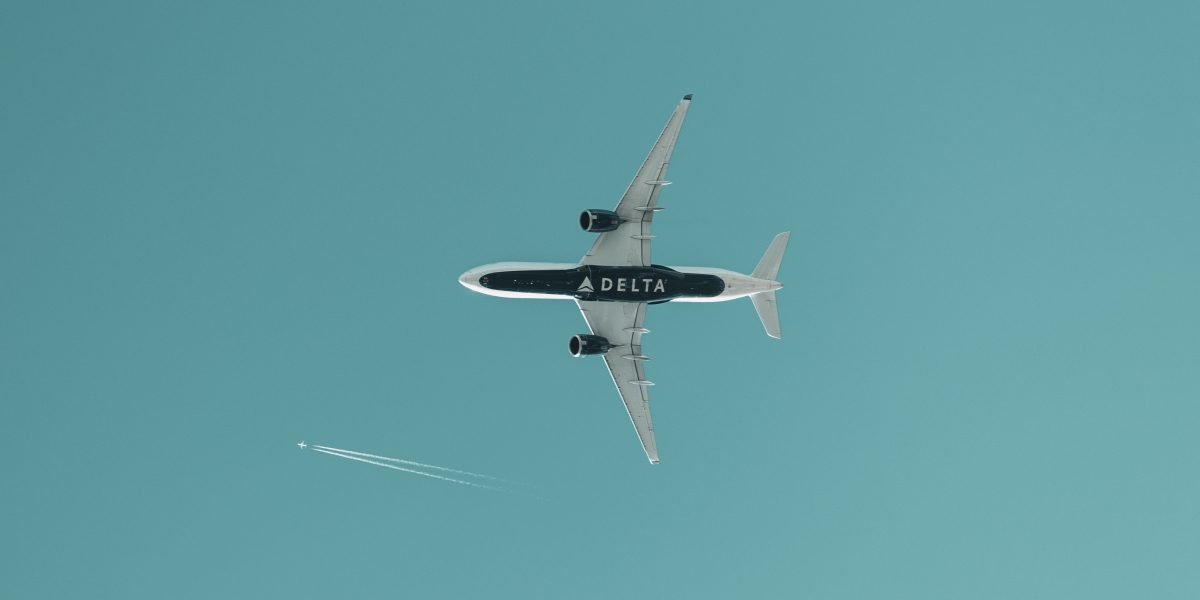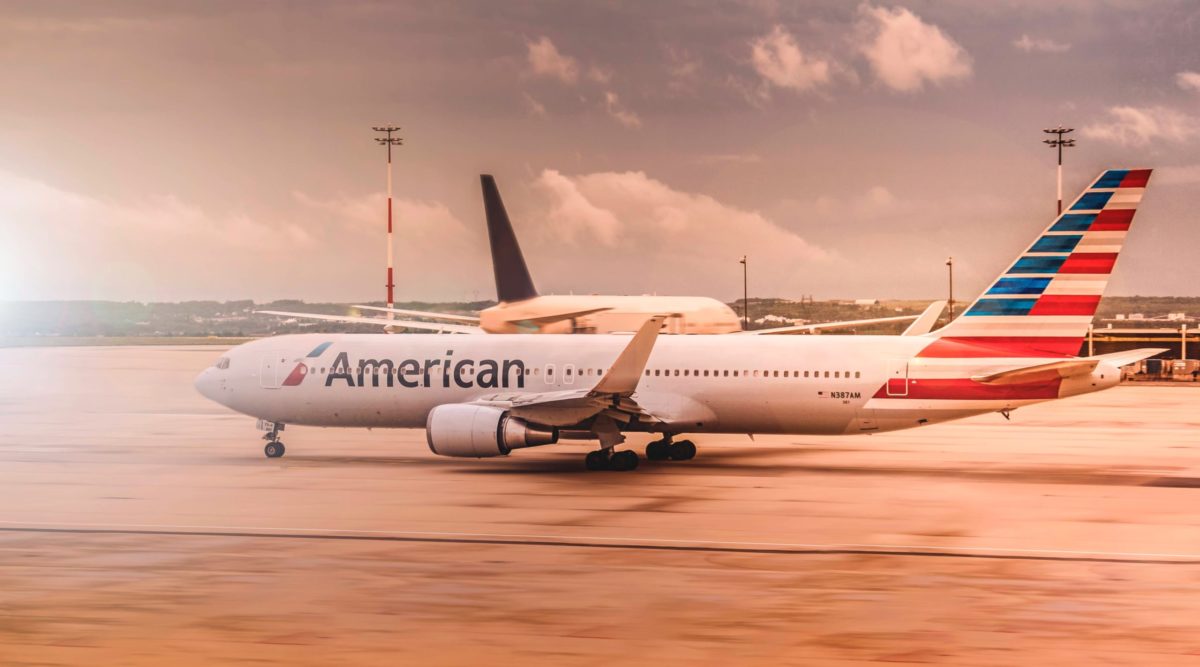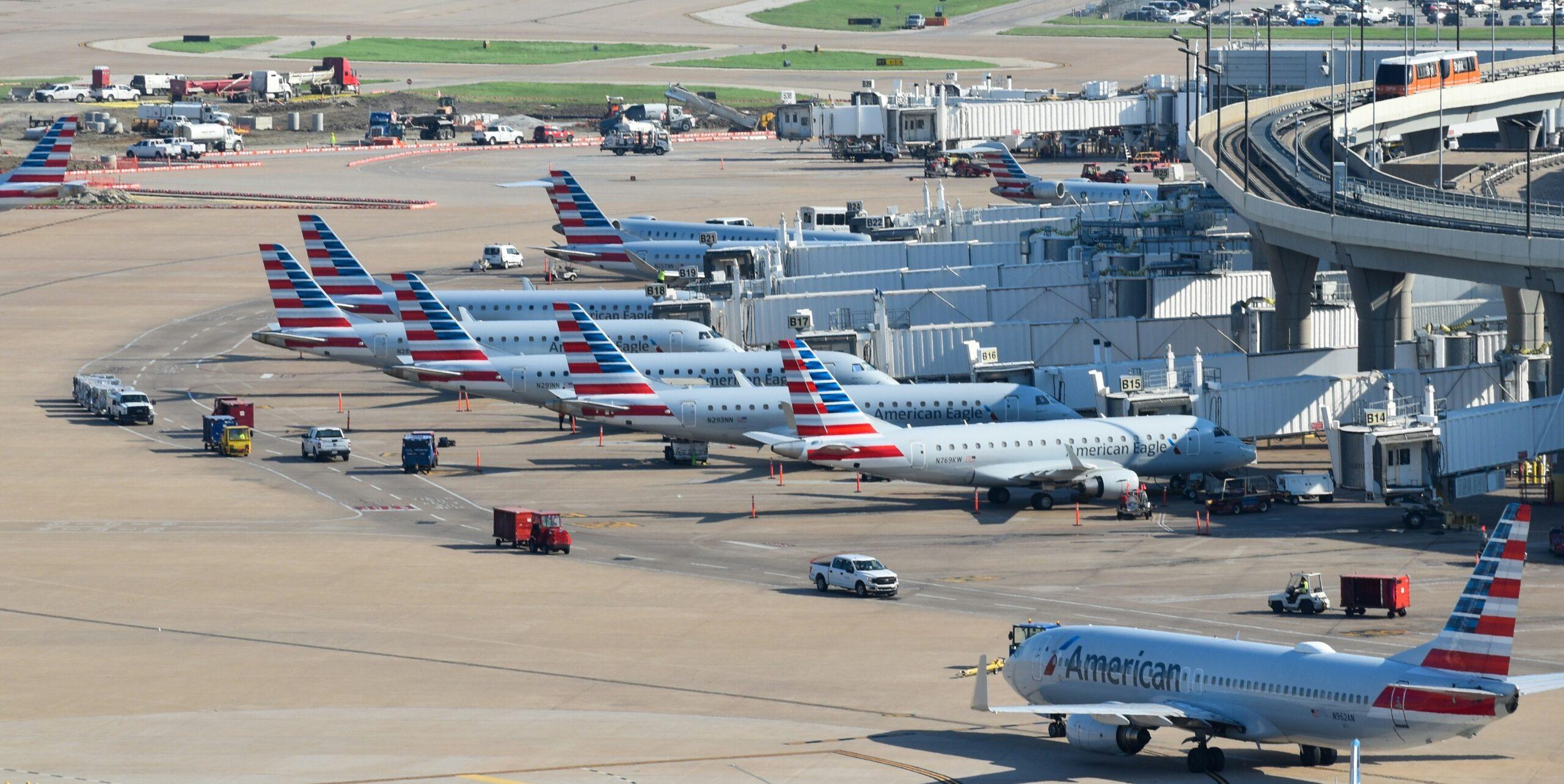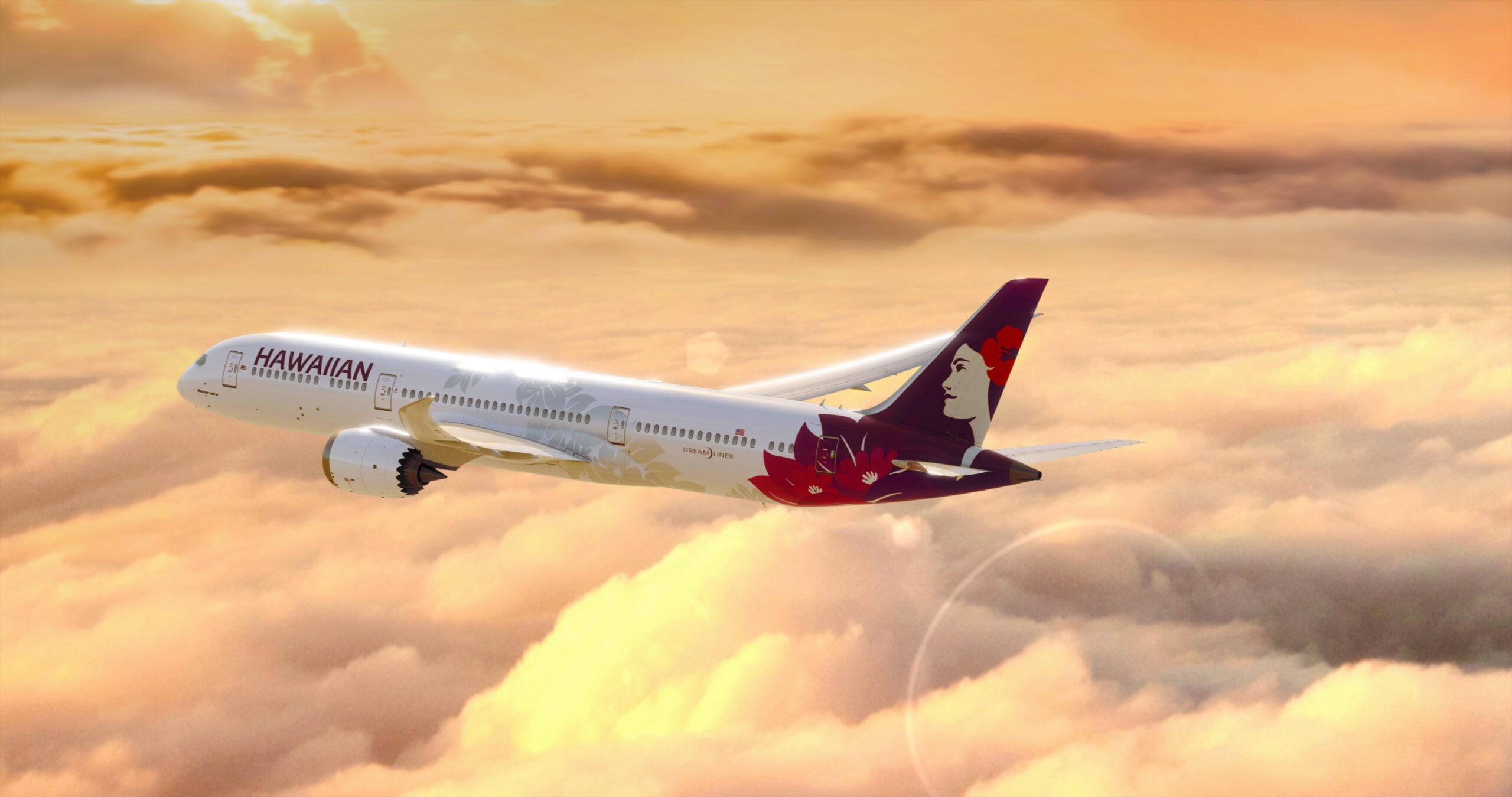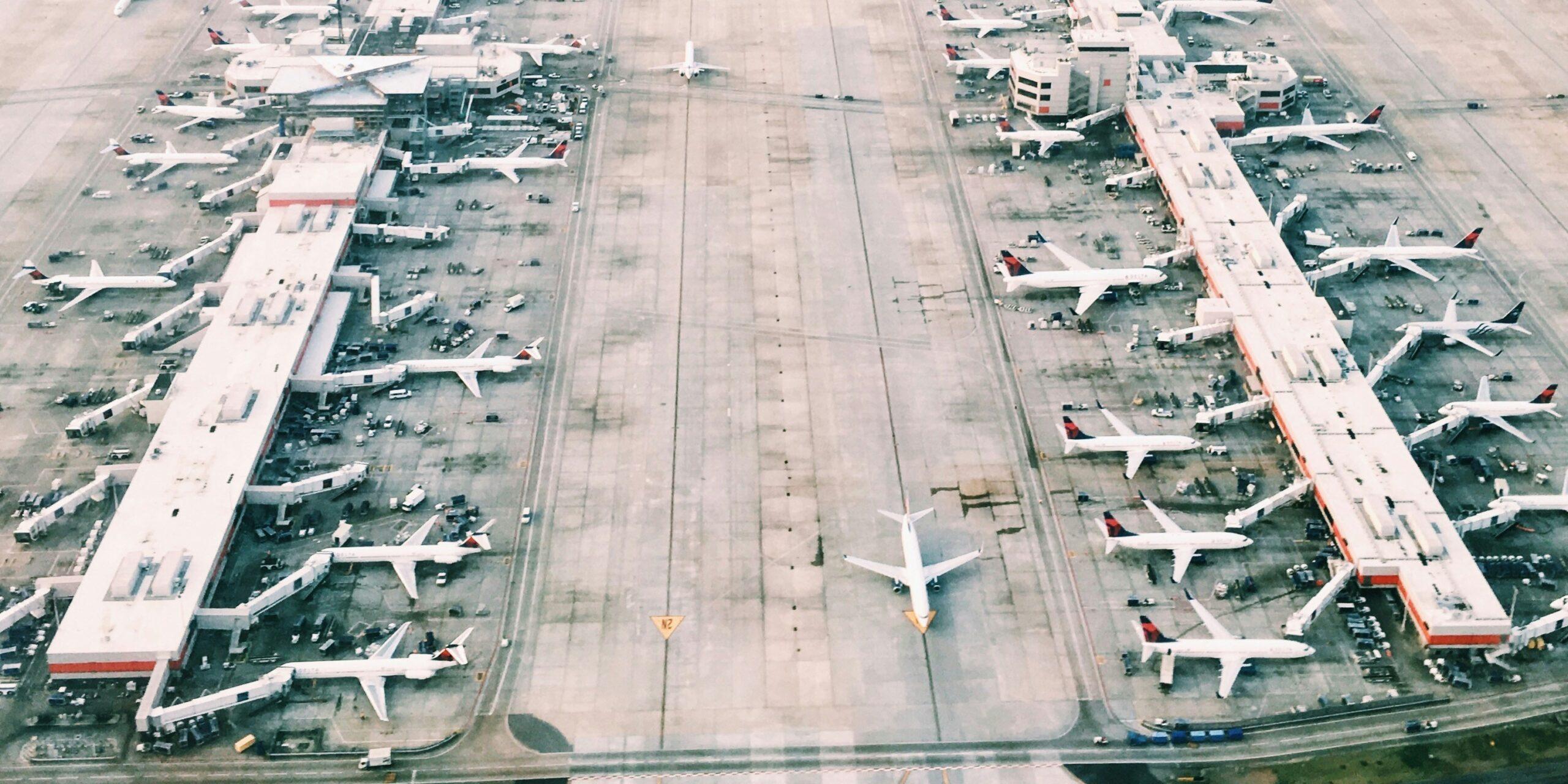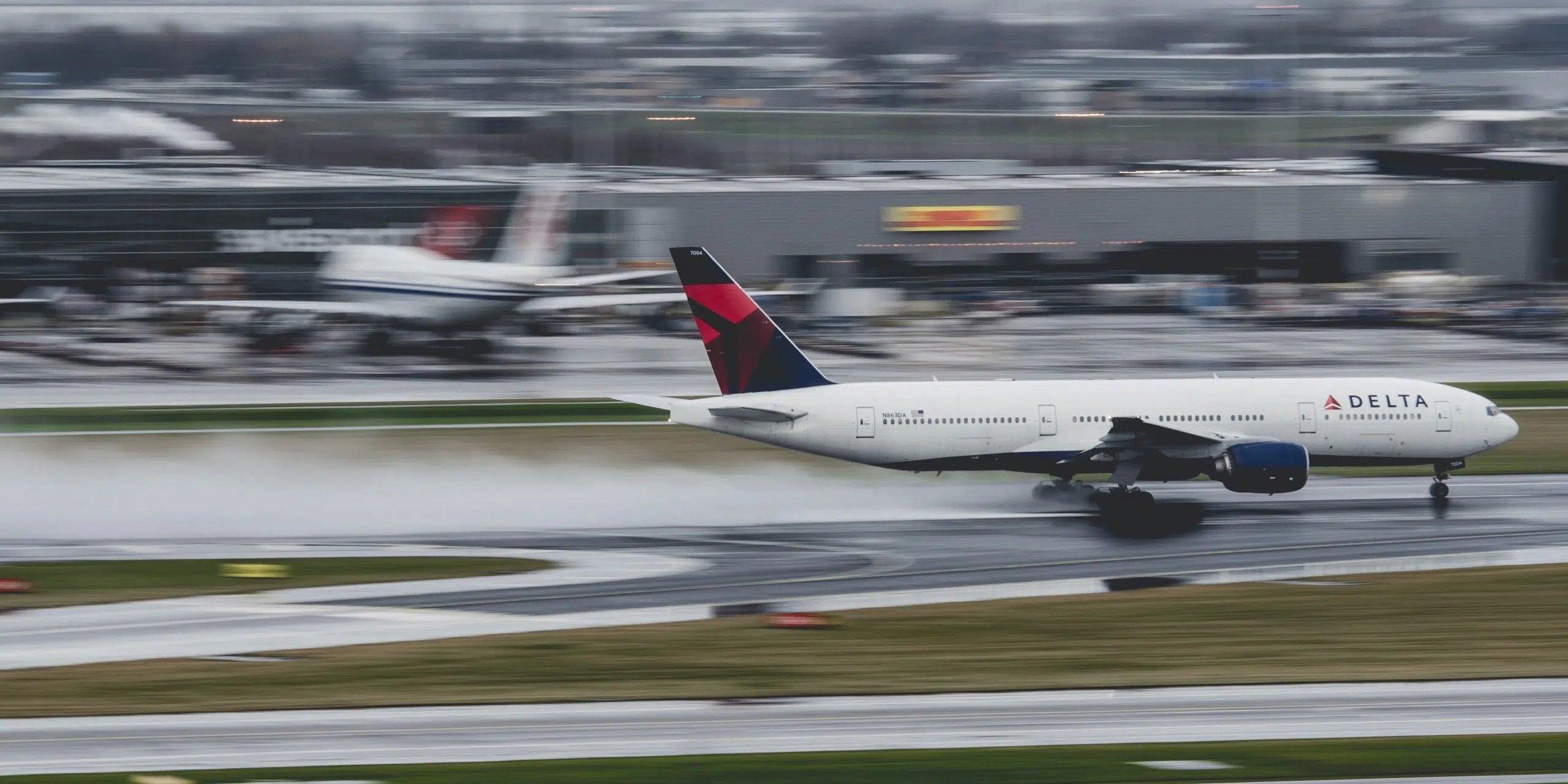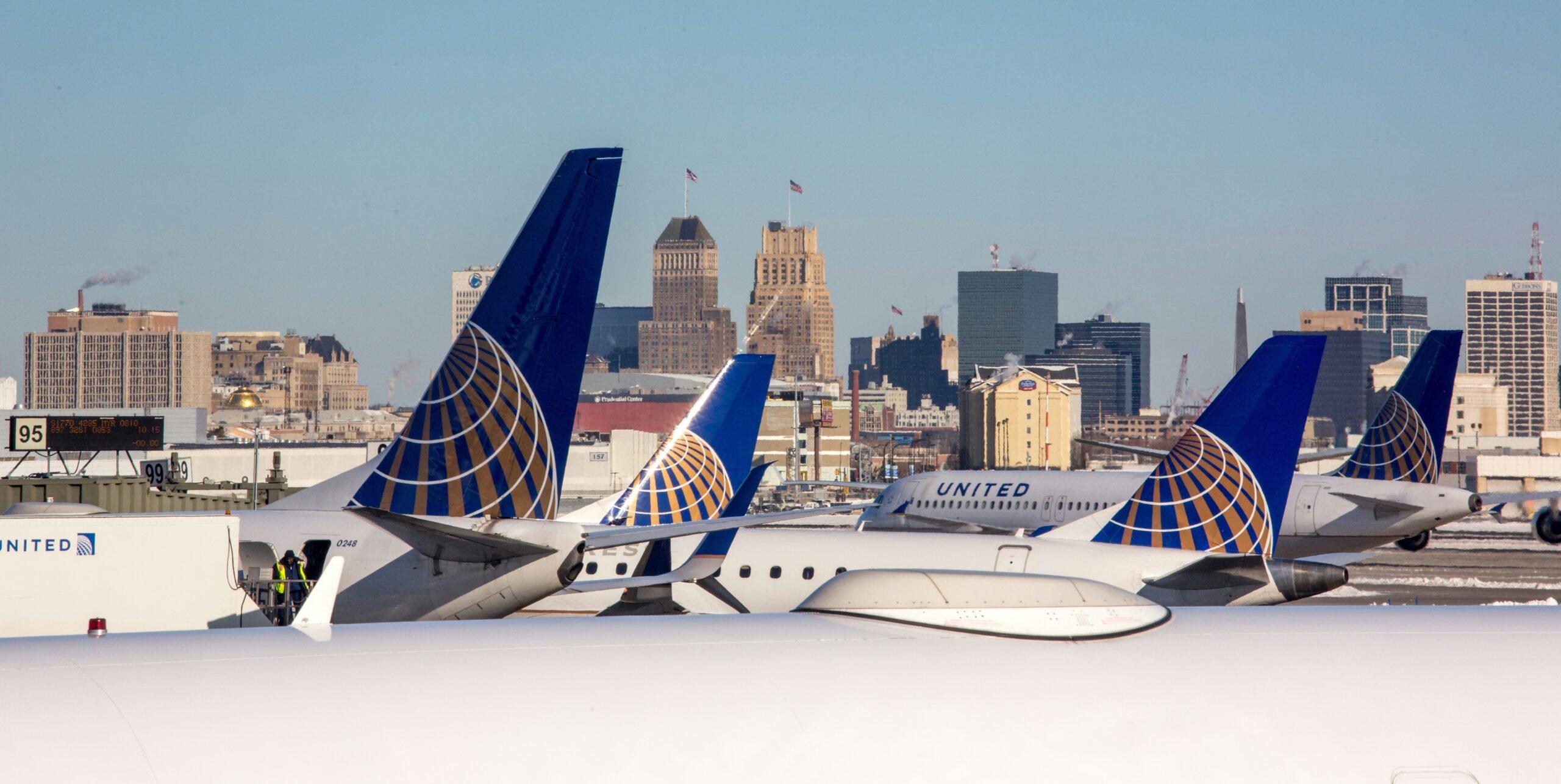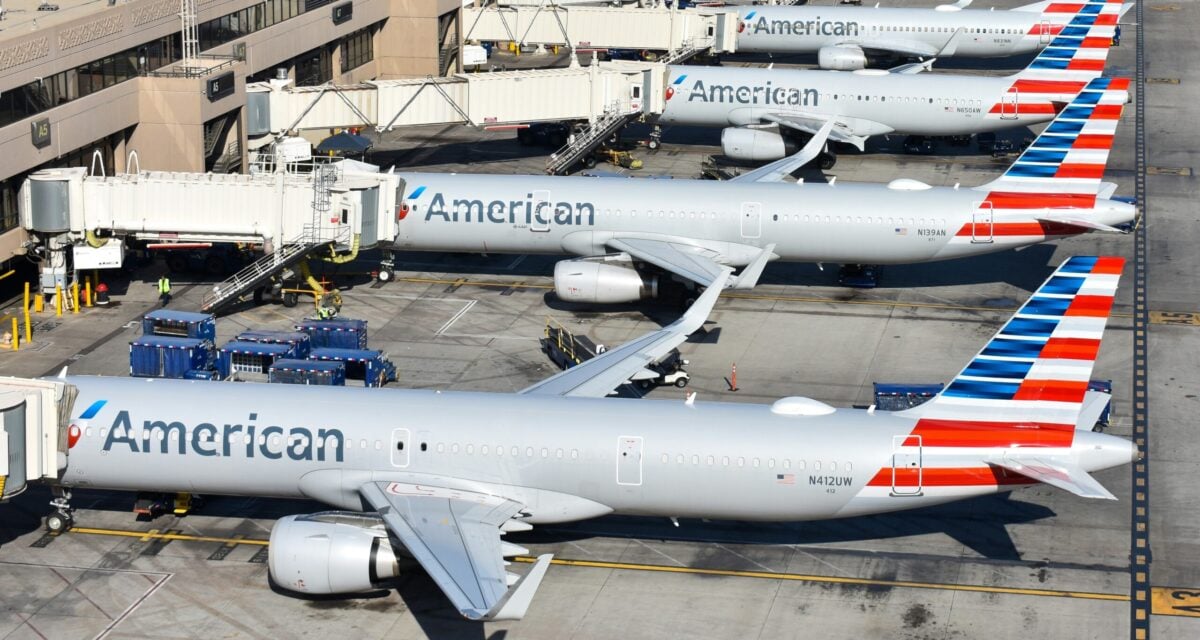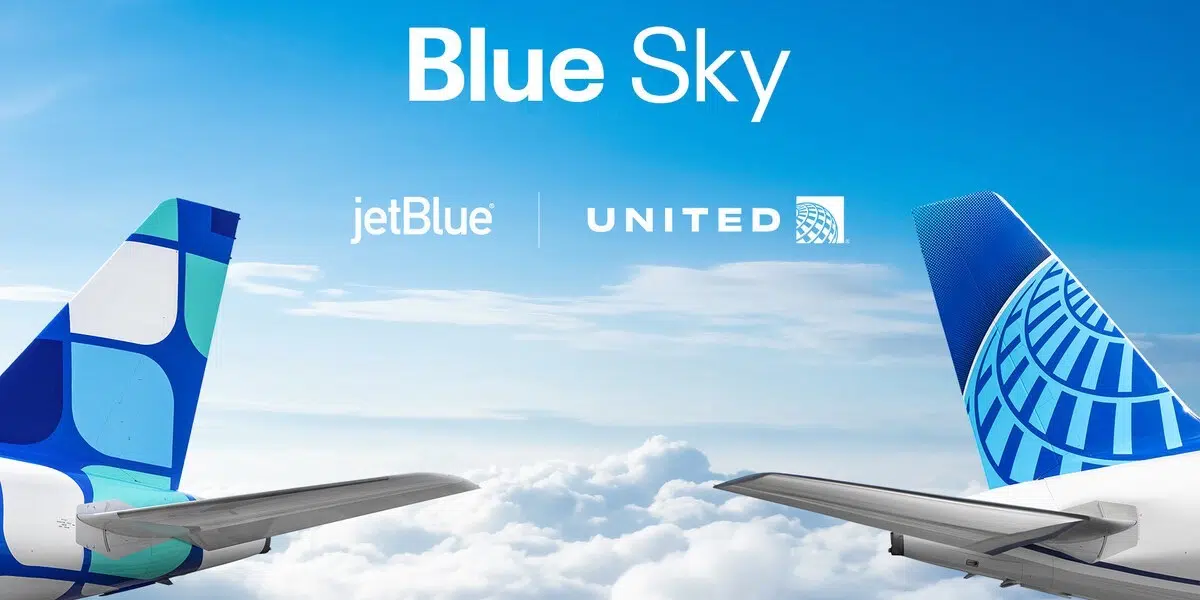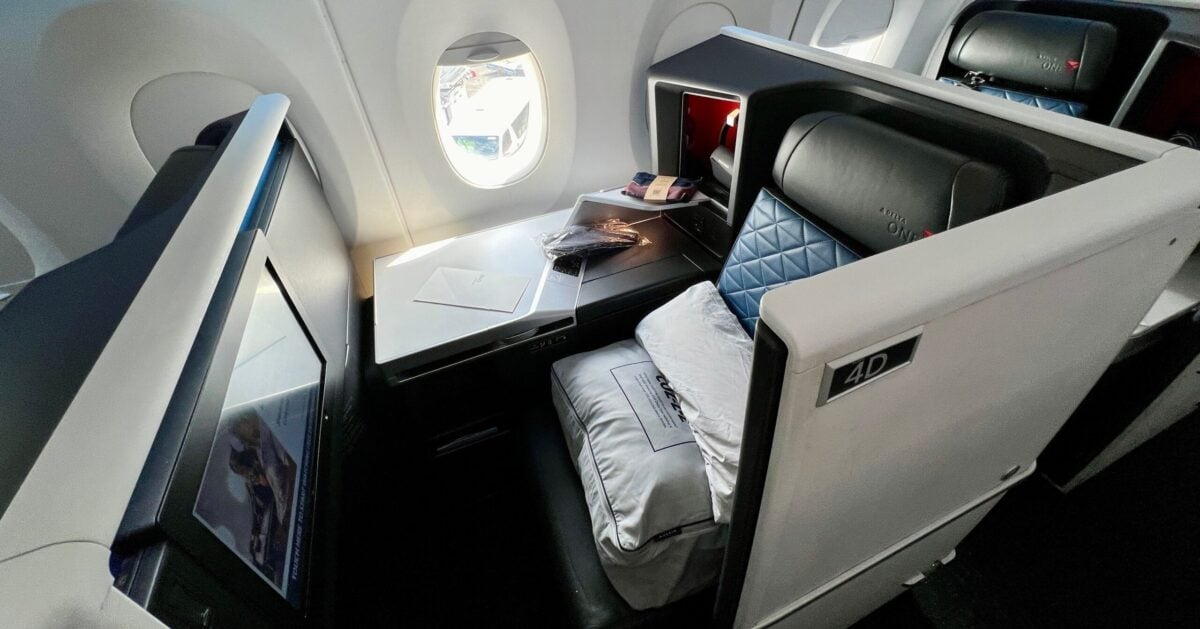
Delta Confirms: Basic Business Class Fares are Coming
"Basic" fares are a scourge: Airlines offer these stripped-down tickets to lure you in with a cheaper price, then hit you with a ton of restrictions to convince you to buy a pricier option. After rebranding its stingiest economy tickets and charging more than ever to avoid them on a long flight to Europe, Delta is planning to expand its basic fares - even for high-priced business class seats. The...

